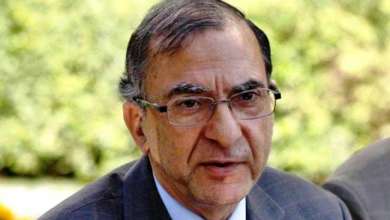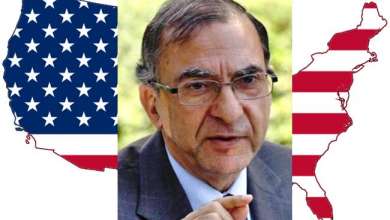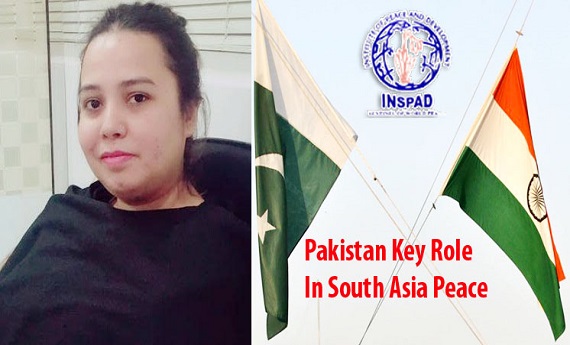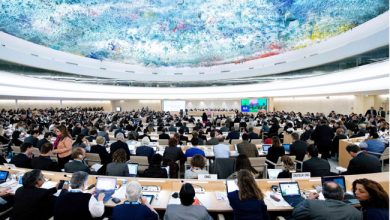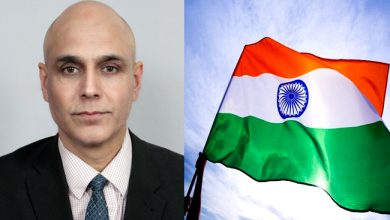Humanitarian Crisis in Afghanistan & the Responsibility of the International Community
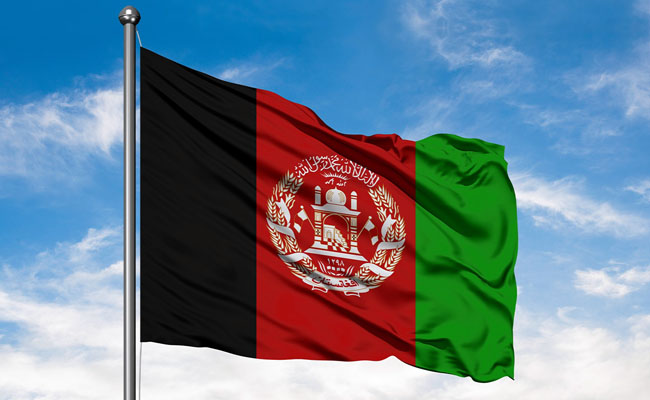
Written By Qasim Swati (United Kingdom)
The Afghan soil has been one of the most dangerous battlefields of the world for the last around 42 years since the invasion of Afghanistan by the former Soviet Union on 24 December, 1979.
Afghanistan has seen many revolutions and civil wars in its history, including the Conquest of Afghanistan by Alexander the Great (330 BC – 327 BC), Muslim Conquests of Afghanistan (637 – 709), the Conquest of Afghanistan by the Mongol Empire (13th century), Mughal Conquests in Afghanistan, First Anglo-Afghan War (1839 – 1842), Second Anglo – Afghan War (1878 – 1880), Third Anglo – Afghan War (1919), Afghan Civil War (1928 – 1929), the 1973 Afghan Coup Detat (where King Mohammed Zahir Shah was overthrown), the Saur Revolution/Sowr Revolution or the April Coup of 1978 (in which, the former Afghan President Mohammed Daoud Khan was overthrown by the People’s Democratic Party of Afghanistan), Soviet – Afghan War (1979 – 1989), First Afghan Civil War of modern-era (1989 – 1992), Second Afghan Civil War (1992 – 1996), Third Afghan Civil War (1996 – 2001), the War in Afghanistan by the United States and its NATO allies (2001 – 2021) and the 2021 Taliban Offensive or the Second Take-over by the Taliban (1 may, 2021 – 15 August, 2021).
Millions of Afghans have been killed, millions of Afghan women widowed, millions of children orphaned, and millions of others injured during the Soviet – Afghan War and other civil wars in the country.
The infrastructure of the country has been badly destroyed, the economy crippled and the military and political systems of Afghanistan destabilized, as a result of these wars, as well.
The Afghan people do not get the appropriate education, nutrition and health and other facilities, which they are entitled to, as their basic human needs. There is widespread unemployment in the country, and poverty is on the rise, due to the uncertain economic and political conditions in Afghanistan.
Despite being famous for their hospitality globally, many Afghans have been made homeless and millions of them forced to migrate to Pakistan, Iran and other countries of the world.
Amid the already existing worst drought in decades, the negative impacts of coronavirus pandemic, unemployment and civil war in the country, there is now a desperate situation in Afghanistan, where many people are trying to leave the country after the Second Takeover of Afghanistan by the Taliban on 15 August, 2021.
Some 18.4 million out of 38.9 million of Afghan people are in need of humanitarian aid at present, as reported by the International Rescue Committee.
An amnesty has been declared by the Taliban throughout Afghanistan, and women have been urged to join the government, in line with the Sharia Law, as the Sky News reported on Tuesday, 17 August, 2021. The Taliban have/has urged the people not to flee and remain in the country, and have promised that they will be forgiven for their anti-Taliban activities that they have done in the past. But, in spite of such assurances, guarantees and promises by the Taliban, a large number of such relevant people and the global community are sceptical about the promises and assurances given by the Taliban. Thus, many Afghans are trying to leave the country and go somewhere else.
The Afghan people, especially the Pashtuns, are famous for their unique attributes, like giving asylum or shelter to those who need and ask for it, hospitality, taking revenge against the criminal (s) and providing justice to the victim (s), kindness, defending their self-respect, bravery, protecting the honour of women, patriotism, resolving disputes by arbitration and being loyal to tribe members, family and friends, which are some of the principles of their Pashtunwali (the traditional lifestyle of the Pashtun people).
However, the Afghan people are not treated by others in a way that they deserve. So, the present chaos in Afghanistan and the hardships, experienced by the Afghan people, must be addressed and properly brought to an end, because the Afghans are also human beings and deserve to live their lives as normal and respectable humans, as enjoyed by the rest of other independent nations and countries of the globe.
Thus, this is the responsibility of all the relevant international actors (involved, directly and indirectly, in the Afghan conflict), the United Nations, the European Union and the rest of the countries of the world, as a global community, to help the Afghans, respect their basic human rights and bring peace to the country, while improving the living conditions of the Afghan people.
Qasim Swati is a freelance journalist, writer and human rights activist, based in the UK, and can be reached at https://qasimswati.com or mailto: info@qasimswati.com.

